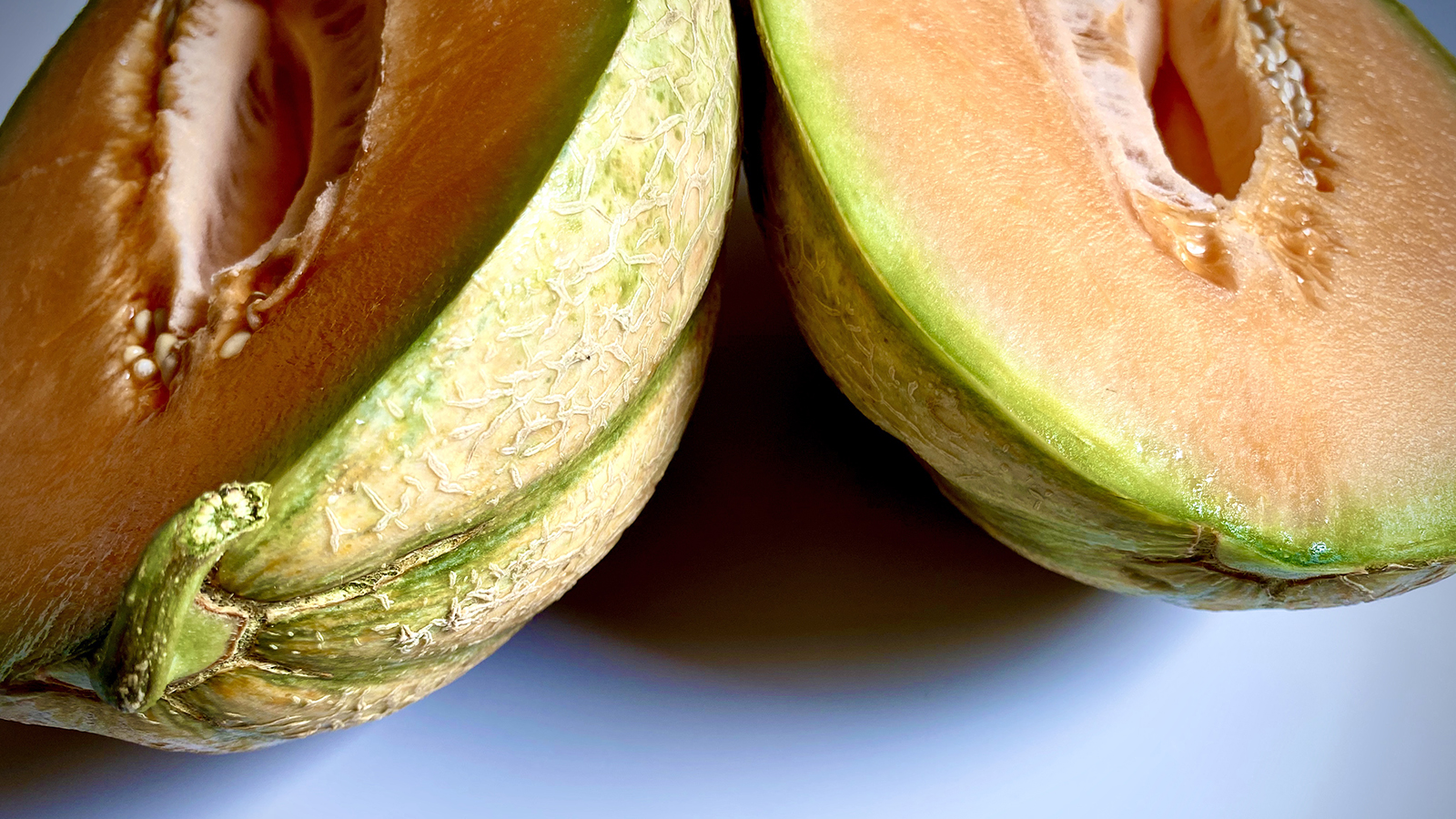Learn About Growing Bidwell Casaba Melons


Bidwell casaba melons are attractive, football-shaped melons with a creamy texture, pleasant aroma and a flavor reminiscent of orange sherbet. At 15 to 16 pounds (7 kg.), Bidwell melons are more than double the size of a regular casaba. These types of melons originated in the Mediterranean climate of Kasaba, Turkey, but Bidwell casabas were grown and popularized by a landowner in the rich agricultural land near the California city of Chico, California. Read on to learn more.
History of the Bidwell Casaba Melon
Bidwell casabas were first planted by John Bidwell, a retired Civil War general and U.S. senator who made a fortune in the California gold rush. He grew this particular casaba from a stock of seeds he received from the U.S. Department of Agriculture in 1869. Bidwell also grew wheat, and was probably responsible for California's first crop of commercial raisins.
Growing Bidwell Casaba Melons
Plant Bidwell casaba seeds directly outdoors after the soil warms in spring and nighttime temperatures are consistently above 55 F. (13 C.). As when growing melons of other varieties, Casaba melons need loose, rich, well-drained soil and full sunlight. Plant the seeds in hills 5 to 6 feet apart (2 m.), with three or four seeds per hill. As soon as the seedlings are established, thin them to the two strongest plants in each hill. You can also start seeds indoors about three weeks before the last frost.
Water the melons regularly until the melons are about the size of a tennis ball, then irrigate only during hot, dry weather. Fertilize Bidwell casabas every two to three weeks using an all-purpose, balanced fertilizer. Avoid nitrogen-rich fertilizer, which can produce rich, lush foliage at the expense of melons.
Harvest casaba melons when they're fully ripe, as the melons don't continue to ripen once harvested. Casaba melons are ready to harvest 90 to 95 days after planting, when the rinds have ripened from rich, grayish-green to bright yellow with green stripes. Ripe melons are easy to separate from the vine.
Sign up for the Gardening Know How newsletter today and receive a free copy of our e-book "How to Grow Delicious Tomatoes".

A Credentialed Garden Writer, Mary H. Dyer was with Gardening Know How in the very beginning, publishing articles as early as 2007.